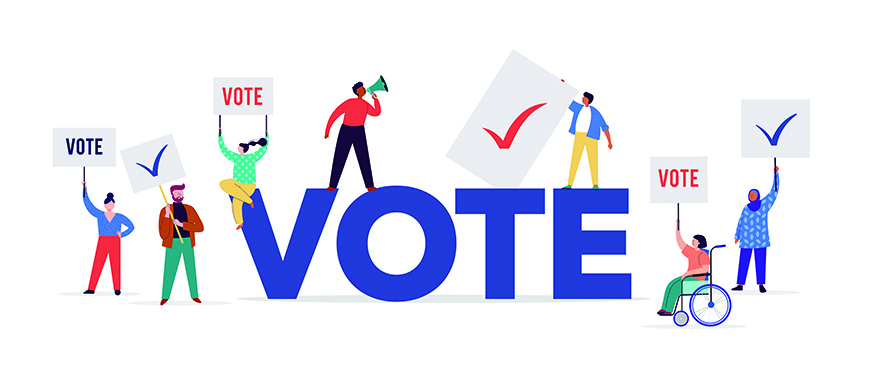Online and Offline materials for electoral stakeholders (Courses and handbooks)

 The E-Learning Course for Domestic Observers (enrolment key: observer)
The E-Learning Course for Domestic Observers (enrolment key: observer)
This online course is composed of six training modules, which contain the main elements to lead efficient and objective observation of the elections. At the end of the six modules proposed, the candidates, having passed all the intermediate tests, will receive a certification for this online training.
 Reporting on Elections
Reporting on Elections
This handbook aims to help observers become more efficient and to produce more effective reports, specifically focusing on the reporting of core team members. At the same time, it also covers the reporting of long- and short-term observers. It deals mainly with final election reports and reports/statements on preliminary findings, while also providing insight into interim reports and ideas for ad hoc reports and press releases, in addition to tips on how to follow up on recommendations. This handbook gives an overview of the planning of observation activities from a reporting perspective: the scope of election observation, assessment of the organisations’ reporting capacities, key observation principles and what observers could focus on, how to assess the reporting capacities of one’s own organisation, and how to conduct training on reporting.
also available in Armenian, Georgian and Romanian
 Using International elections standards
Using International elections standards
This handbook was drafted in collaboration with civil society organisations from the countries of the Eastern Partnership. Its purpose is to improve the quality of domestic observation of electoral processes in the member states and to serve as a reference for domestic observers, primarily for core team members. At the same time, it may serve as a training tool for long-term and short-term observers and other electoral stakeholders who wish to familiarise themselves with international election standards (government officials, electoral administration, party representatives, judges, lawyers).
in the field of:



